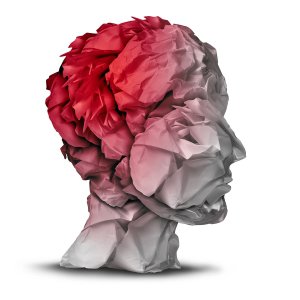Any part of the body may suffer severe damage in a car accident ; however, the head is particularly vulnerable. It’s all too easy for a victim of a car accident in Baltimore to sustain a traumatic brain injury (TBI). For example, the head may strike the dashboard or an object may fly through the windshield and strike the head. If the victim wasn’t wearing a seatbelt, the chances of sustaining a TBI are even greater. If you or a loved one has suffered a serious injury in a car crash, an attorney can help you understand your legal rights and options. 
Mild Brain Injuries
The symptoms and complications of TBIs depend upon their severity. If the brain is mildly damaged, the car accident victim might lose consciousness briefly or not at all. Confusion, disorientation, dizziness, and loss of balance are common issues. As time passes, the victim might also have sleeping difficulties, headache, fatigue, nausea, and vomiting. Additionally, a mild TBI can cause memory problems, mood swings, depression, blurry vision, tinnitus, and sensitivity to light or sound.
Moderate to Severe Brain Injuries
Victims of a car accident who sustain a moderate to severe brain injury can display any of the symptoms of a mild TBI. However, they are more likely to lose consciousness for a long period of time. They may also suffer from convulsions, persistent headache, loss of coordination, weakness in the fingers or toes, and extreme confusion. Some severe TBI victims fall into a coma. Others may have clear fluid leaking from their ears or nose. It is not uncommon for TBI patients to display unusual or aggressive behavior.
Treatment Options
After a car accident, patients with a traumatic brain injury will receive a personalized treatment plan depending on their symptoms, complications, and degree of brain damage. Once the victim’s condition has been stabilized, he or she might need medications such as diuretics or anti-seizure drugs. In some cases, doctors might administer coma-inducing drugs to allow the patient to heal while in a temporary coma. Some patients might require surgery. Long-term rehabilitation might include physical, occupational, or speech therapy. Since medical treatment can be expensive and victims are likely to need treatment for months, if not years, it’s advisable to consult a personal injury lawyer regarding compensation.